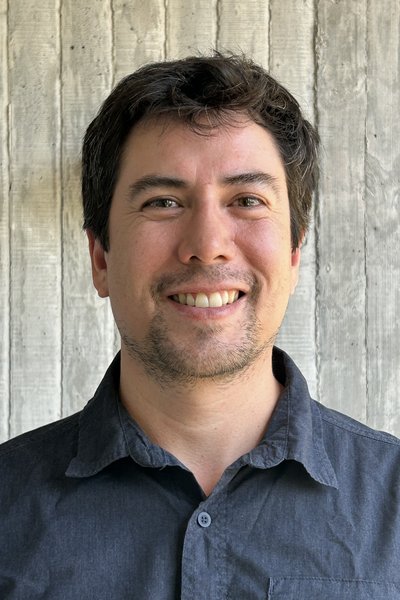Felipe Torres is assistant professor at the Institute of Sociology, Pontificia Universidad Católica de Chile in Santiago, Chile. He holds a PhD in Sociology at the Max Weber Centre, University of Erfurt (Germany) and he is member of the International Society for the Study of Time (ISST). His academic interests rely on acceleration theory, temporal socio-political concepts (utopia, progress, revolution), social theory and conceptual history. He authored Temporal Regimes: Materiality, Politics, Technology (Routledge, 2022) and edited the book Conceptos que hacen Historia(s). Estudios en torno a Reinhart Koselleck (Pólvora 2022). He has also written articles on social theory, history, and time studies in Time & Society, Isegoría, and Cinta de Moebio.
In May 2023 he assumed as Editor-in-Chief of KronoScope. Journal for the Study of Time and during December he was granted with a third-party funding from the Agencia Nacional de Investigación y Desarrollo ANID-Chile (Chilean National Reserarch Agency), with a project on "Notions of Space and Time in Social Theory" (11240326) funded for three years (2024-2026). The project seeks to systematize the concepts of time and space in the history of social theory and to explore possible venues for innovative integrations of both. Finally, he joined the SFB Structural Change of Property Consortium subgroup on "Making things available: Ownership as an incarnation of our relationship with the world" in 2024 with a project on time and automation.
